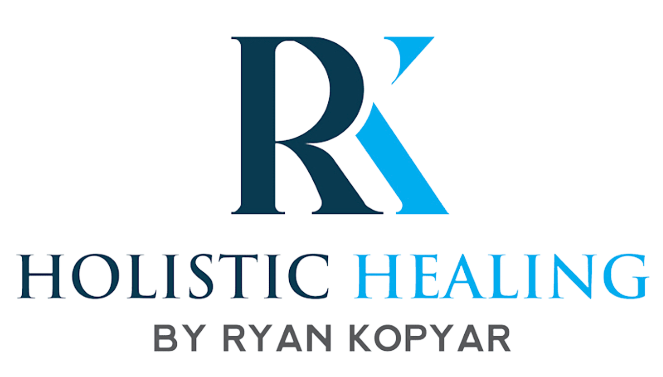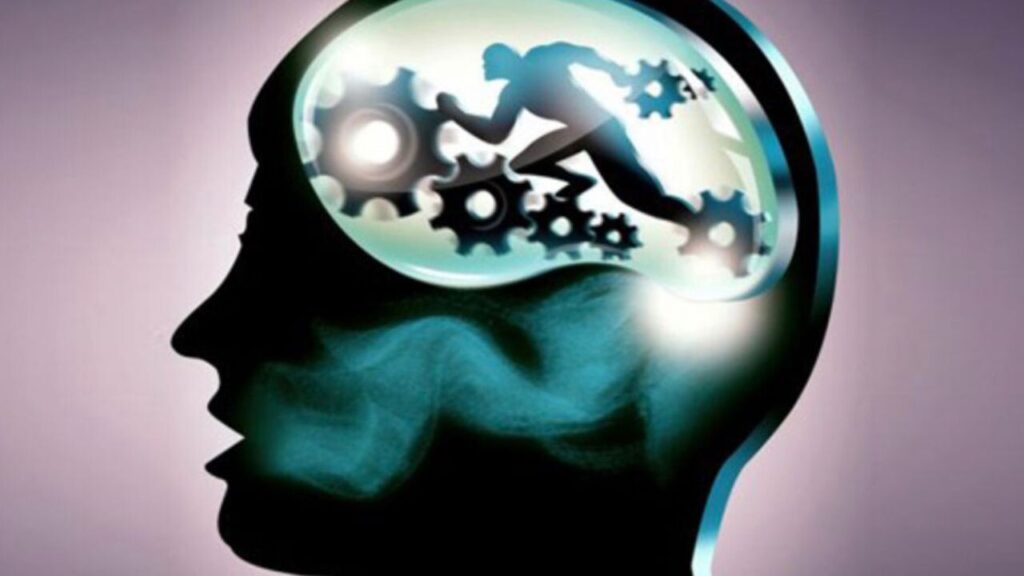Introduction to Mental Health Coaching vs Therapy
Mental health coaching and therapy are both vital resources in the field of mental health, each playing a unique role in supporting individuals’ well-being. As our understanding of mental health expands, so do the approaches used to promote healing, resilience, and personal growth. This expansion has led to a broader range of services, leading many to wonder about the differences between mental health coaching and therapy.
In the first paragraph, we’ll introduce what mental health coaching is and its foundational principles. It’s a discipline that, while newer than traditional therapy, has gained prominence for its emphasis on forward-thinking strategies, goal setting, and personal development. By understanding the key characteristics of mental health coaching, you’ll gain insight into how this approach might be relevant to your mental health journey.
In the second paragraph, we’ll delve into the realm of therapy or psychotherapy, a well-established field focusing on treating mental health disorders and emotional difficulties. From understanding past experiences to dealing with current emotions and behaviors, we’ll explore how therapy can be an essential tool for healing and growth.
Finally, in the third paragraph, we’ll directly compare and contrast mental health coaching and therapy, illuminating the key differences and unique advantages of each approach. This comparison will provide a clearer perspective on the roles of these two resources and guide you towards the service that best suits your needs. Understanding the distinction between mental health coaching vs therapy is a vital step in your journey towards better mental health.
Table of Contents
What is Mental Health Coaching?
Mental health coaching is a relatively new discipline within the field of mental health care. Its primary focus is on fostering personal development and well-being through a structured, future-focused process. Unlike traditional therapy, which often delves into past experiences to understand current emotions and behaviors, mental health coaching emphasizes goal-setting, accountability, and creating actionable strategies for change.
Key Features of Mental Health Coaching
- Future-oriented: Coaching emphasizes your future aspirations and how to achieve them.
- Goal-directed: You’ll work with your coach to set realistic, measurable goals and develop a plan to achieve them.
- Action-focused: A major component of coaching involves taking active steps towards your goals.
What is Therapy?
Therapy, or psychotherapy, is a process where a licensed professional helps an individual deal with mental health disorders or emotional difficulties. These professionals—psychiatrists, psychologists, or therapists—have undergone rigorous training to diagnose and treat a wide range of mental health conditions.
Key Features of Therapy
- Problem-focused: Therapy aims to help individuals understand and resolve their psychological problems.
- Past-oriented: Therapists often explore past experiences to understand the root of current issues.
- Healing-focused: The primary goal is to help individuals heal, grow, and learn more adaptive ways of handling life’s difficulties.
Mental Health Coaching vs Therapy: The Key Differences
Understanding the key differences between mental health coaching and therapy can help you make an informed decision about which service is right for you.
Goal Setting vs Problem Solving
While both therapy and coaching aim to improve your mental health, their approaches differ. Therapy focuses on understanding and resolving past and present issues, while coaching centers on identifying and achieving future goals.
Regulation and Qualification
Therapists are regulated by state licensing boards and must meet specific educational and training requirements. In contrast, there isn’t a standard regulatory body for coaches, meaning the qualifications among coaches can vary widely.
Methods and Techniques
Therapists use evidence-based treatments like cognitive-behavioral therapy (CBT), dialectical behavior therapy (DBT), or psychodynamic therapy, among others. Coaches, on the other hand, typically utilize tools like motivational interviewing, goal-setting, and strength-based strategies.
Choosing Between Mental Health Coaching and Therapy
It’s essential to understand that neither mental health coaching nor therapy is inherently better or worse—they serve different purposes and can even complement each other in a comprehensive mental health care plan. If you are dealing with a mental health disorder, a history of trauma, or significant emotional distress, therapy is likely the best choice. However, if you are primarily seeking guidance in achieving personal or professional goals, mental health coaching might be the best fit
.
When is Mental Health Coaching Most Beneficial?
Mental health coaching can be particularly useful for those who are essentially mentally healthy but are looking to improve their life in specific ways. These might include enhancing personal relationships, boosting work performance, improving self-confidence, or cultivating better work-life balance.
Benefits of Mental Health Coaching
- Self-empowerment: Coaching can help you feel empowered to take control of your life and make positive changes.
- Goal achievement: Coaching provides a structured framework to help you identify, work towards, and achieve your goals.
- Better self-understanding: Through the coaching process, you can gain a better understanding of your strengths, values, and aspirations.
Drawbacks of Mental Health Coaching
- Regulation: As mentioned earlier, mental health coaching isn’t as strictly regulated as therapy, meaning it’s crucial to research potential coaches thoroughly.
- Not for severe mental health conditions: Mental health coaching isn’t designed to replace therapy for individuals dealing with serious mental health issues.
When is Therapy Most Beneficial?
Therapy can be a powerful tool for anyone experiencing emotional distress, mental health disorders, or difficulty coping with life events. Whether you’re dealing with anxiety, depression, trauma, grief, or any other emotional challenges, a licensed therapist can provide the support and strategies you need to heal and improve.
Benefits of Therapy
- Healing and recovery: Therapy can guide you on the path to healing from mental health issues and past traumas.
- Improving coping skills: Therapy can equip you with strategies to manage stress and navigate life’s challenges more effectively.
- Deep self-understanding: Through therapy, you can gain a deeper understanding of your behaviors, emotions, and relationships.
Drawbacks of Therapy
- Time and emotional investment: Therapy can often be a long process requiring a significant emotional investment.
- Potential stigma: While it’s lessening, there can still be societal stigma associated with seeking therapy.
Understanding Which Approach is Right for You
Choosing between mental health coaching and therapy isn’t always a straightforward decision, and what’s most important is that you’re taking steps to care for your mental health. Here are a few additional factors that can help guide your choice:
Assess Your Mental Health
Are you generally in a healthy mental state and simply looking to improve certain aspects of your life? Coaching might be the best fit. On the other hand, if you’re dealing with significant emotional distress or a mental health condition, therapy is likely a more appropriate choice.
Consider Your Goals
If your goal is primarily about personal growth or achieving specific objectives, mental health coaching could be beneficial. However, if your aim is to heal from past traumas or manage a mental health condition, therapy would be the best approach.
Reflect on Your Comfort Level
Both coaching and therapy require a level of vulnerability. Think about which approach aligns best with your comfort level in sharing personal experiences and feelings.
Also read this Blog: Mental Coaching for Athletes: 10 Amazing Benefits of Mental Coaching for High-Achieving Athletes
Conclusion: Making Sense of Mental Health Coaching vs Therapy
Deciding between mental health coaching and therapy can initially seem daunting. However, having delved into the unique characteristics, benefits, and potential drawbacks of each, you should now be better equipped to make this important decision. Remember, the choice largely depends on your personal circumstances, mental health needs, and goals.
Mental health coaching is often a great fit for those who are essentially mentally healthy and seeking to improve specific aspects of their lives, such as relationships, self-confidence, or work performance. On the other hand, therapy is the most suitable choice for individuals dealing with significant emotional distress, mental health disorders, or difficulty coping with life events.
In summary, the comparison of mental health coaching vs therapy isn’t about deciding which is better or worse. These are different yet equally valuable tools, each playing a distinct role in the realm of mental health support. Whether you opt for mental health coaching, therapy, or a combination of both, the crucial part is that you’re taking meaningful steps towards better mental health. As you continue your journey, remember to be patient with yourself and celebrate each step towards improved well-being.
My name is Ryan Joseph Kopyar, a seasoned professional in the health and wellness industry, equipped with a comprehensive skillset to transform your life through mindset coaching, life coaching, and mental coaching.
Are you ready to break through barriers, revitalize your life, and unlock the power of your mind? Reach out to me at 973-224-8171, or connect with me on:
Facebook: Ryan Kopyar
Instagram: @ryankopyar
YouTube: RyanKopyar
Your journey to wellness is one decision away. Start now with Ryan Kopyar, your partner in holistic wellness.



